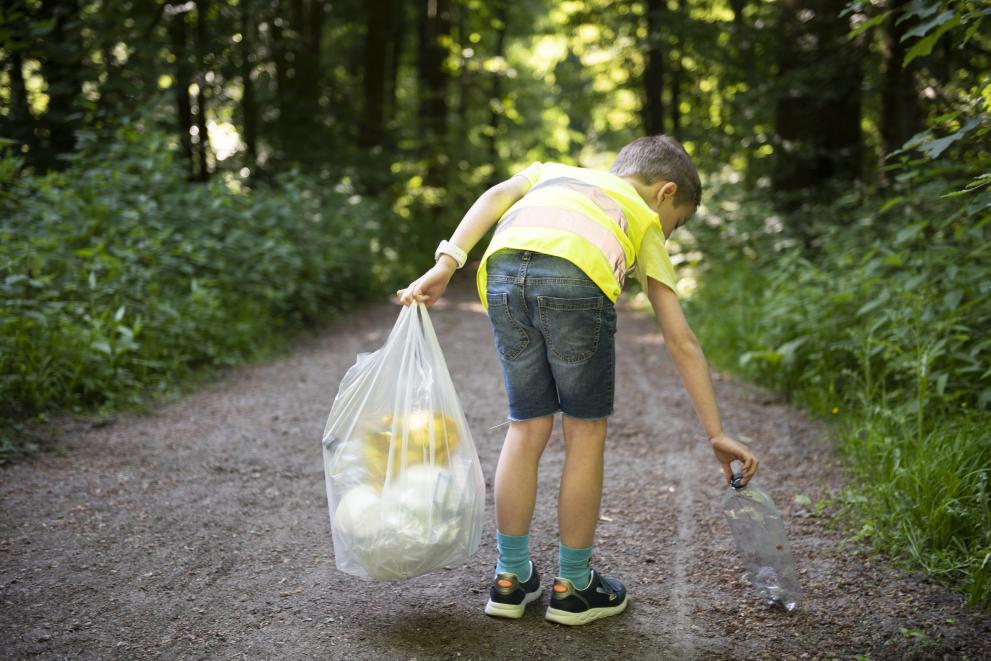
Every year on 30 March, we observe International Day of Zero Waste to raise awareness about the importance of managing waste responsibly and encouraging sustainable consumption and production. In the EU, the average person produces 511kg of waste each year and only 38% of waste is recycled. This is a serious challenge and the EU is taking action to address it. Let us take a look at how.
Three main objectives govern the EU’s approach to managing waste:
- improving waste management
- pushing innovation in recycling
- limiting landfilling
The Waste Framework Directive is the EU’s legal framework for treating and managing waste in the EU. It introduces an order of preference for waste management called the “waste hierarchy”, where prevention is the preferred option and disposal is the last resort. There are also many more targeted EU rules on everything from batteries to biodegradable waste and from shipping to end-of-life vehicles.
In February, EU rules on packaging and packaging waste took effect. These seek to reduce the use of single-use plastics that lead to massive environmental litter. This includes, for example, small plastic containers for condiments, sauces, sugar and coffee creamers, that are used only once and then thrown away and for which alternatives should be sought.
Work towards a more circular and resilient economy is not only about environmental sustainability – equally importantly it is about boosting the EU’s competitiveness. Looking ahead, and to help create market demand for secondary materials and a single market for waste, the Commission is planning a new Circular Economy Act that is scheduled in 2026.
For more information
Details
- Publication date
- 31 March 2025
- Author
- Directorate-General for Communication
